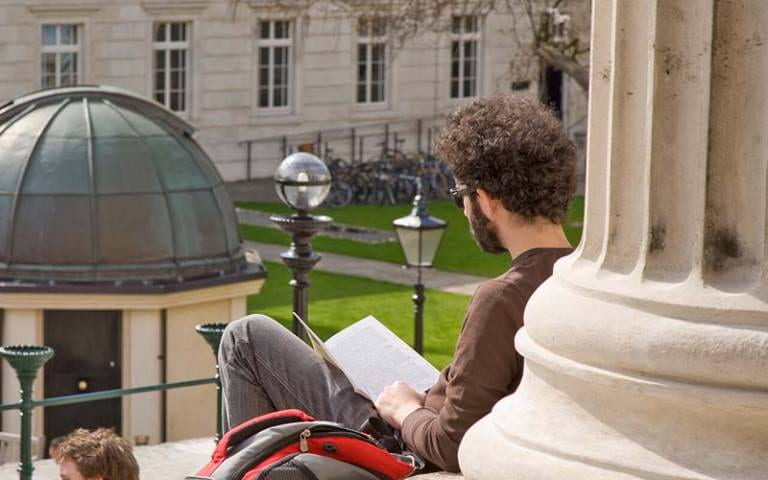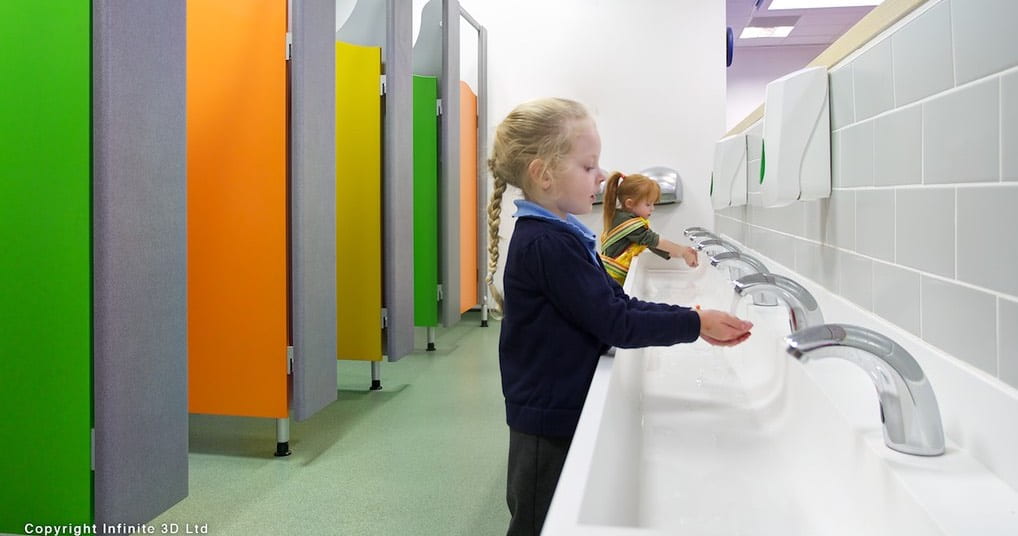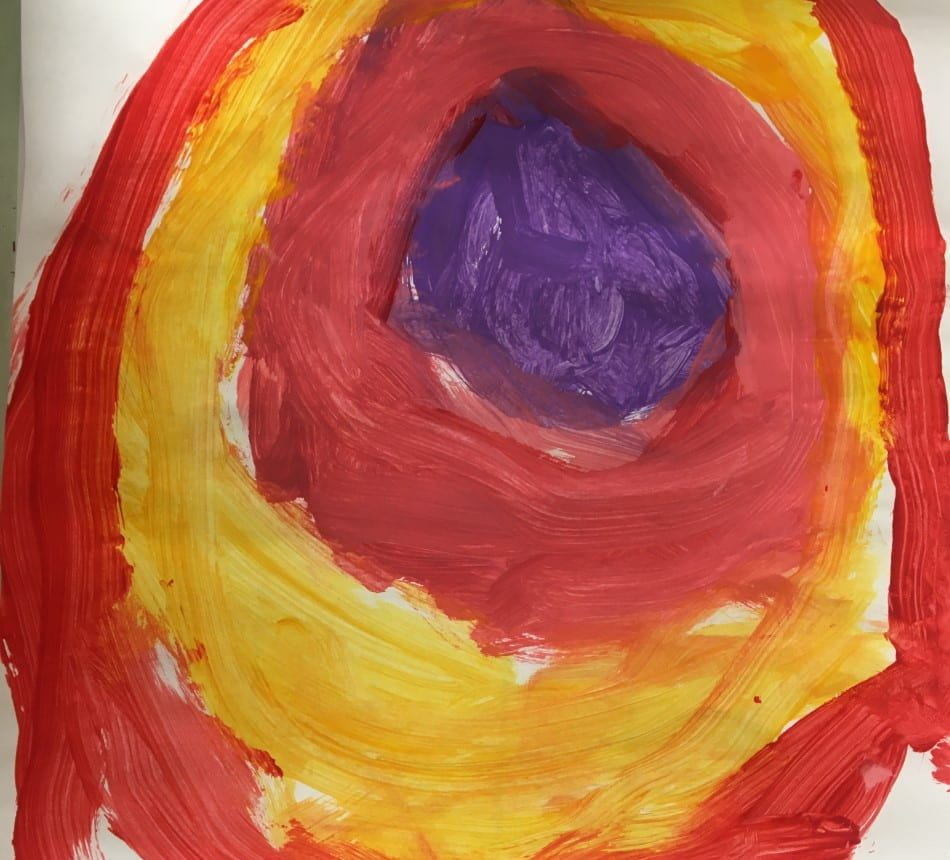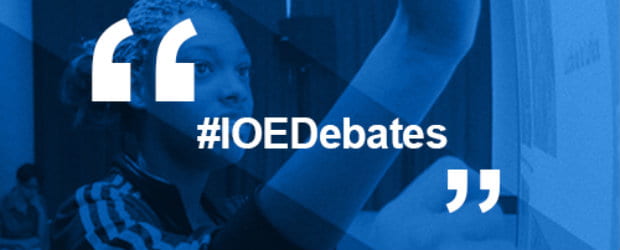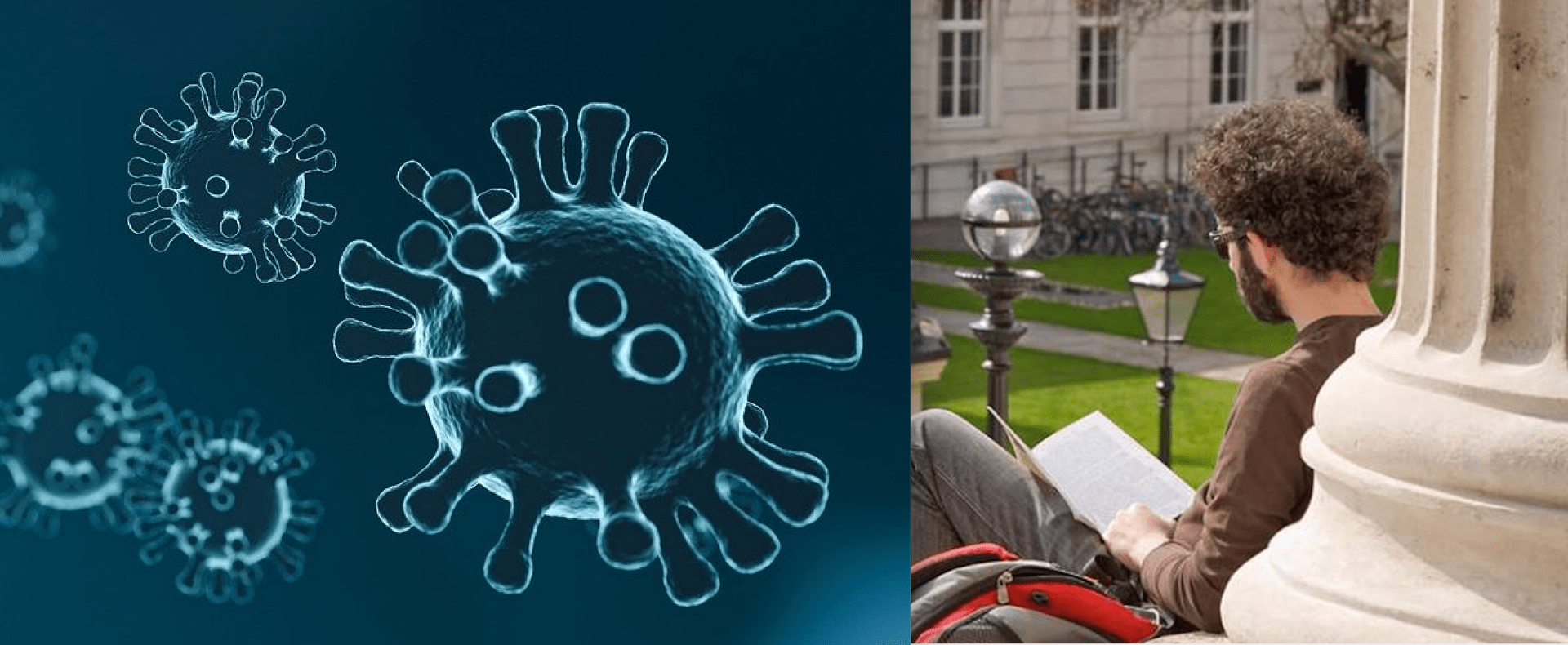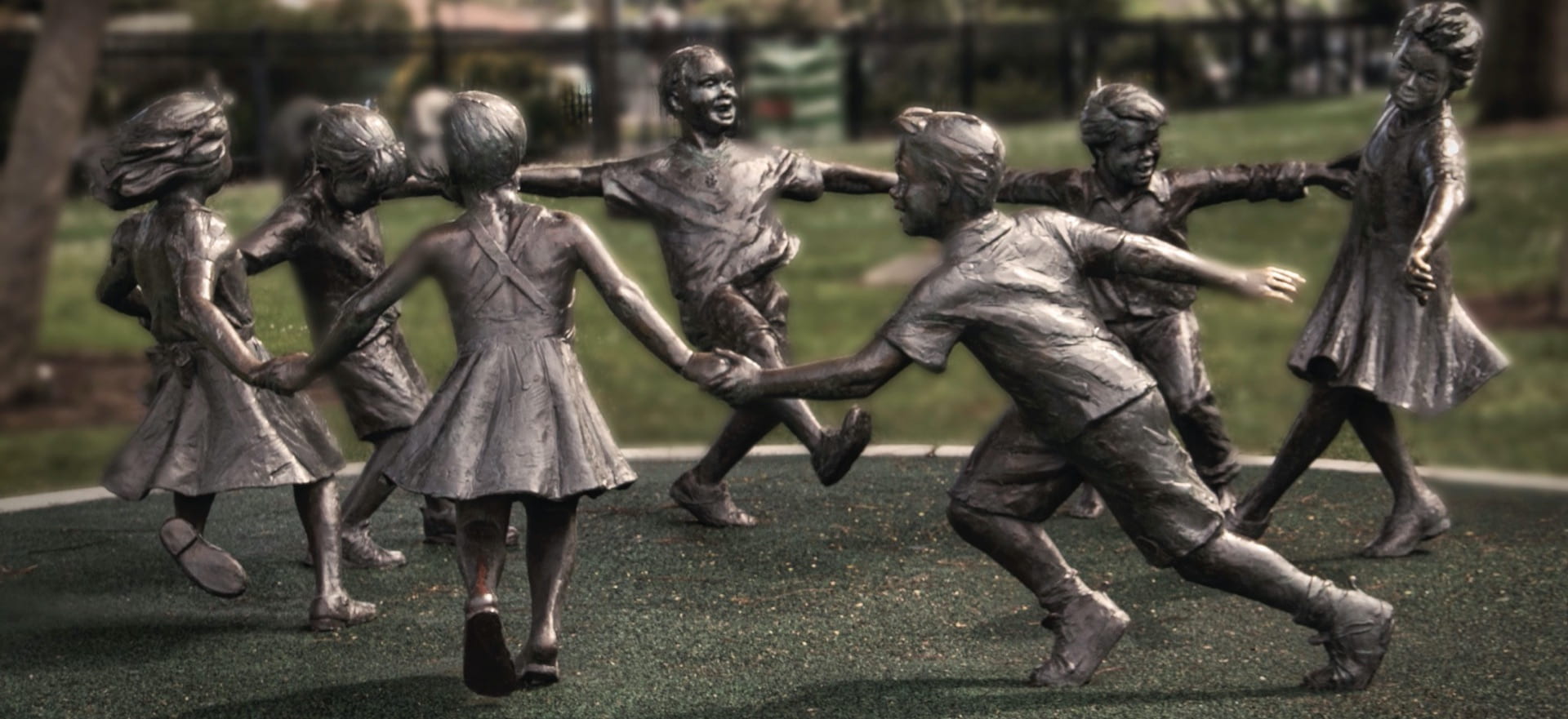Higher education’s ‘new normal’: building connections in the post-Covid-19 era
By Blog Editor, IOE Digital, on 31 July 2020
31 July 2020
The Higher Education sector is facing the highest level of uncertainty in its long history. Prospective students are wondering what to expect from study in the 20-21 academic year.
A recent study by the Higher Education Policy Institute (HEPI) found over 70% of UK students expect some online teaching, but only 18% expect all learning to be online. Through our UCL Institute of Education ‘Task & Finish’ Group on sustained future for taught provision, we have been talking with students about their experiences of learning remotely during the pandemic. In general students are understanding about the challenges of moving to teaching online.
They appreciate that the rapid move to online teaching was necessary to protect students and staff from the risk of infection. However, they miss the face-to-face ‘connection’ with academics and other students, so it’s important to re-establish connections in ways that enable our whole community – academics, students and professional services colleagues – to work together. The question is, how do we do this in a way that allows for the current operating restrictions due to Covid-19?
The IOE’s UCL Knowledge Lab has been leading a study of the experiences of staff across UCL during the rapid move to online teaching, research and working from home through the UCL Moving to Online Teaching and Homeworking project (MOTH). Data was gathered beginning March 26, 2020 via an online survey, with (more…)
 Close
Close


